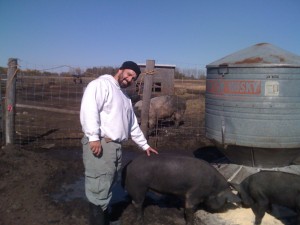A few decades ago, when the majority of hogs lived outdoors and were able to eat whatever they wanted, pork was deliciously fatty and juicy. As industrial agriculture grew, pork became known as “the other white meat.”Director of Culinary Operations Bernie Laskowski from the Art Institute of Chicago would like to do something about this state of porky affairs.
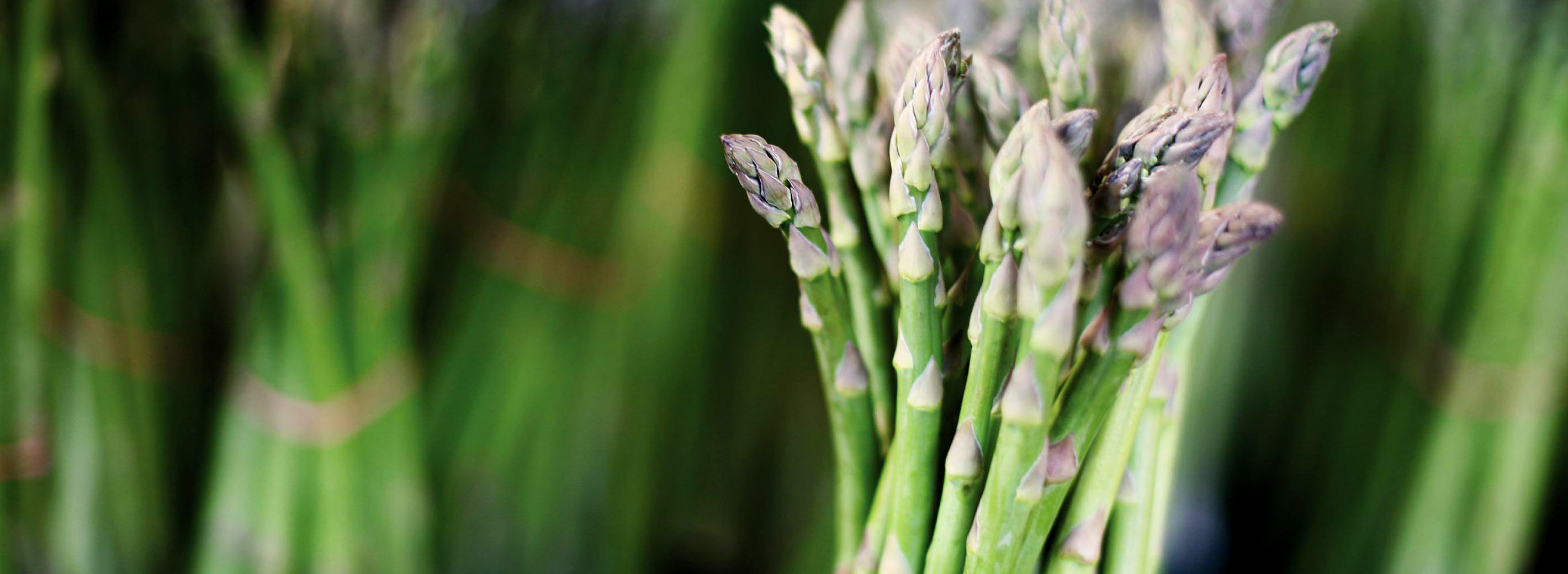
Blog: Sourcing
+ Blog Categories
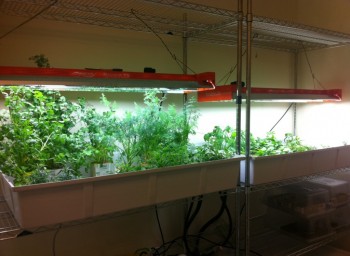
Oracle – Broomfield Goes Hydro-Powered
- Blog
Fresh herbs are an important part of Bon Appétit’s daily menus, finding their way into marinara sauces, condiments, sandwiches, salads, and side dishes. They also have a short shelf life, adding to kitchen waste and expense. The Bon Appétit team at Oracle- Broomfield in Broomfield, CO, is testing a way to grow all the herbs they need year round, using a small amount of indoor space — and hydroponics.

CEO Fedele Bauccio Profiled by 7×7 Magazine
- Blog
Writer Jessica Battilana spent a day trying to keep up with Bon Appétit CEO Fedele Bauccio for this in-depth profile that 7×7 Magazine published in its February food issue.
Celebrating Valentine’s Day with Cordillera Chocolate
- Blog
Bon Appétit celebrated Valentine’s Day last week at American University in Washington, DC, by hosting an event that focused on the best part of this holiday: Chocolate! But not just any old chocolate.
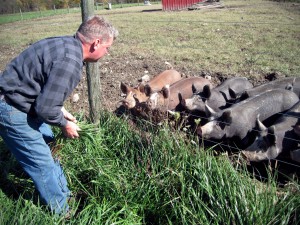
Going Where No Food Service Company Has Dared to Go Before
Today — and not for the first time — Bon Appétit Management Company is making history in the food service industry. In a joint announcement with The Humane Society of the United States, we are vowing to stop serving all pork produced using the cruel and inhumane practice of gestation crates and all eggs, including “liquid” ones (those removed from their shells), from hens confined to battery cages by 2015.
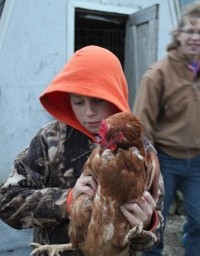
Carleton Students See a Family Farm First-hand
- Blog
Students at Carleton College in Northfield, MN, are already well-versed about the importance of sourcing food locally, but it’s not often they get to actually visit one of the farms that supplies the café and see first-hand what it means to run a family farm.

Being Responsible Can Be Sweet! Fair Trade Recipes for Valentine’s Day
- Blog
Over time, Valentine’s Day changed from a day to celebrate martyrs named Valentine to a romantic day filled with hearts, flowers, cards, and of course, chocolate. But in the past few years, chocolate production has been under public scrutiny because of numerous reports about human trafficking and child labor associated with growing and harvesting cacao. Just as Valentine’s Day has evolved, it’s time to change our chocolate habits and support organizations with fair, humane, and sustainable practices.
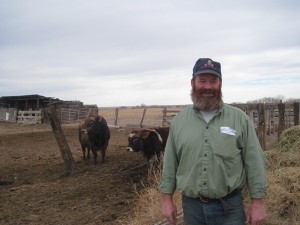
Helping Cows Meet Grass at Larga Vista Ranch
- Blog
I recently had the pleasure of visiting Larga Vista Ranch in Boone, Colorado along with some of the Bon Appétit team from Colorado College. Doug Wiley, who owns Larga Vista Ranch along with his wife Kim, is one of those passionate, charismatic people that I could listen to all day. A fourth-generation farmer working land that has been in his family for 95 years, he is well versed in everything from the benefits of raw milk to climate change and food safety.
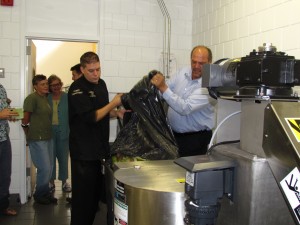
Investing in Compost at Oberlin
- Blog
Composting food scraps from kitchen prep is a no brainer — an easy way to recycle soil fertility. But recycling the scrapings from diners’ plates is another story. That’s why Bon Appétit at Oberlin College in Oberlin, OH, invested in a Somat Pulper, a system that grinds both pre and post-consumer food so it can be sent to a Class Two licensed municipal facility to become compost.
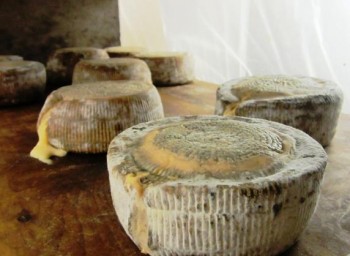
A Mouth-watering Visit to Cato Corner Farm
- Blog
Mother-son team Elizabeth MacAlister and Mark Gillman run Cato Corner Farm — a small, pasture-based, and family-owned cheese operation in Colchester, CT.
